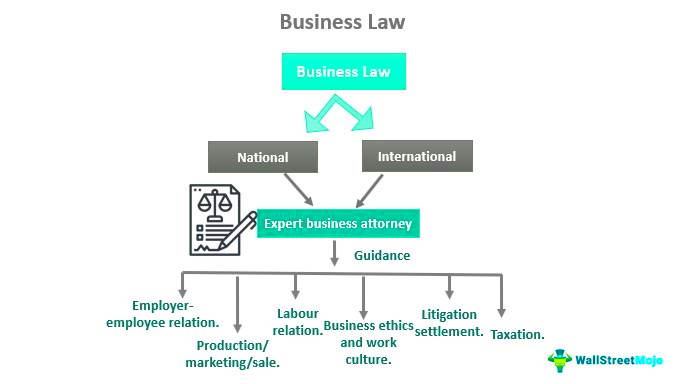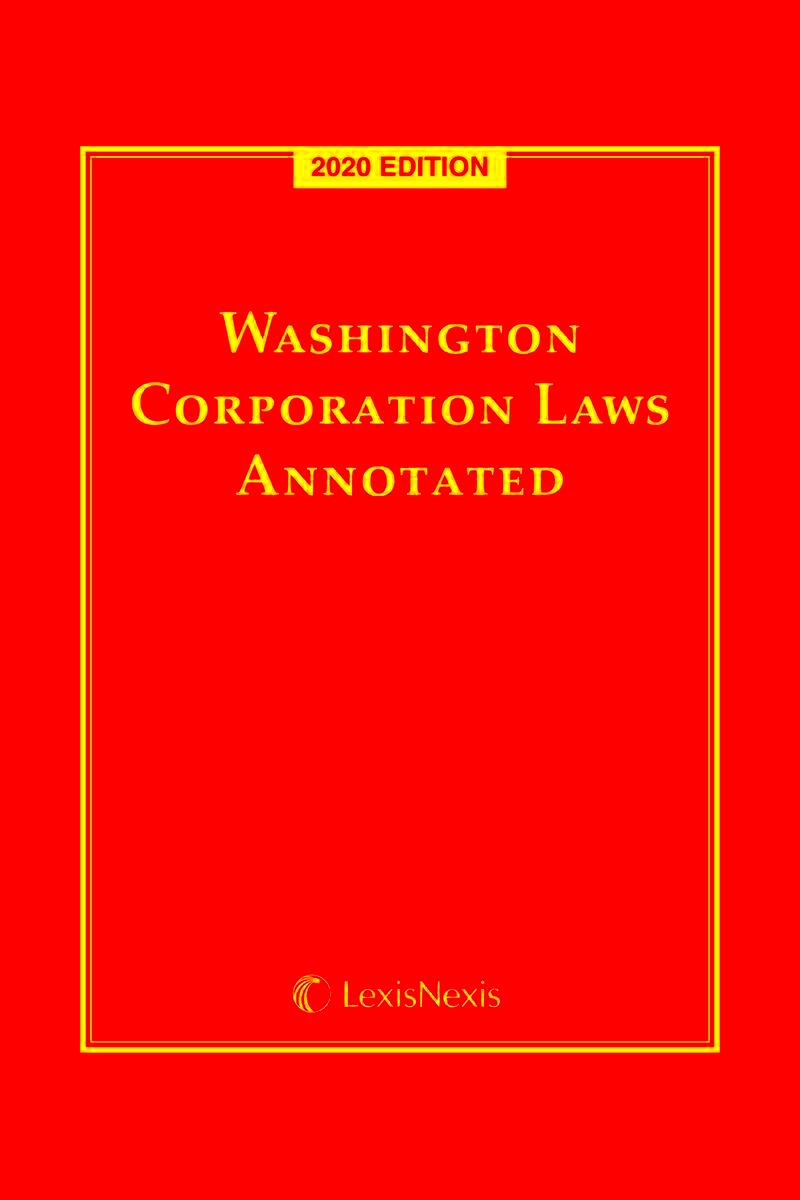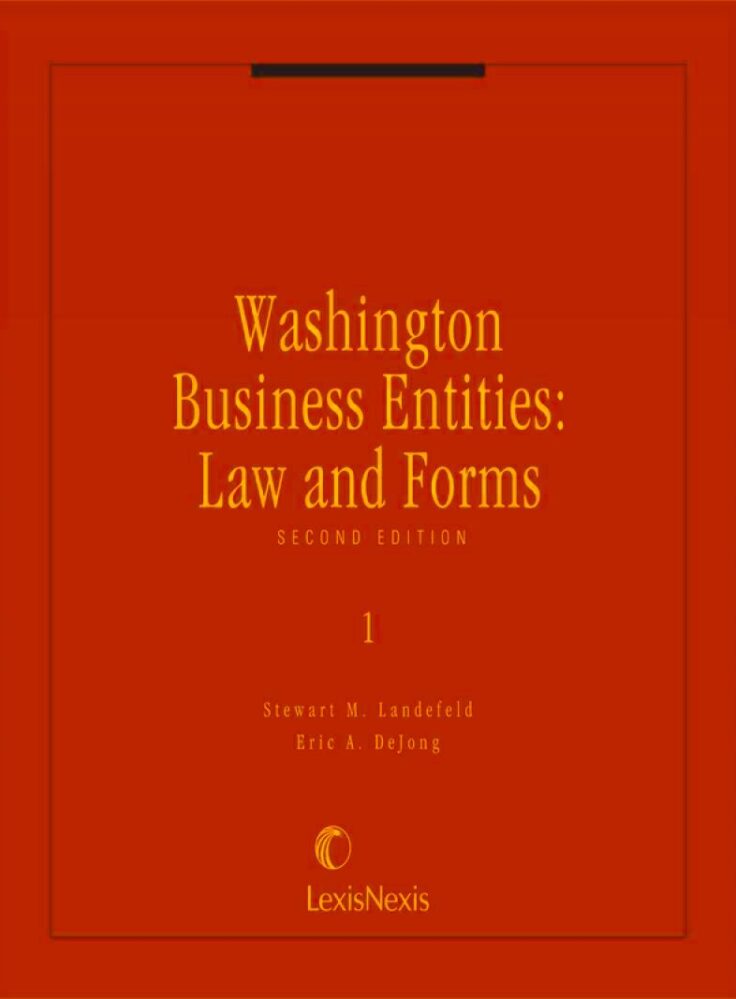Washington Business Law Explained
The regulations that control companies in Washington are included in its business law. It is mandatory for start-ups and established enterprises alike to understand these laws to achieve their goals. Every detail from selecting the appropriate business structure to upholding tax regulations is critical for guaranteeing that your enterprise flourishes. This part examines the fundamental principles underlying Washington’s corporate law so you can be secure while trekking through this legal maze.
Types of Business Entities in Washington

Selecting a business structure is one of the primary and critical choices you will ever make. In Washington State, there are different alternatives, each with its own sets of pros and cons:
- Sole Proprietorship: This is the simplest structure, where one person owns the business. It’s easy to set up and manage but offers no personal liability protection.
- Partnership: A partnership involves two or more people sharing ownership. This can be a general partnership (all partners manage the business) or a limited partnership (some partners have limited involvement).
- Limited Liability Company (LLC): An LLC combines the flexibility of a partnership with the liability protection of a corporation. Owners are called members, and personal assets are protected from business debts.
- Corporation: Corporations are separate legal entities, offering the most protection against personal liability. They can be more complex to manage and are subject to more regulations.
Business Licenses and Permits Required in Washington

Prior to starting a business in Washington, acquiring the appropriate licenses and permits is of utmost importance. Failure to do so may lead to penalties or even the shutdown of your enterprise. A brief summary is provided below:
- Business License: Almost all businesses in Washington need a business license. This is obtained through the Washington Secretary of State.
- Specialty Licenses: Depending on your business type, you may need additional licenses, such as for restaurants or health services.
- Local Permits: Check with your city or county for any local permits required. These can vary widely based on your location and industry.
- Sales Tax Permit: If you’re selling goods, you’ll need to collect sales tax and should apply for a seller’s permit through the Washington Department of Revenue.
This could be done with ease by checking out the Washington State Department of Revenue website or consulting a legal practitioner about a comprehensive list of requirements pertaining to your kind of business.
Understanding Washington Employment Laws
Employment law is crucial to the positive workplace and avoiding legal pitfalls when starting and running a business in Washington. Hiring practices employment rights all these are covered by the laws ensuring an equal fair treatment of people who work for you as well as observing state regulations. Here, we explore important aspects of Washington employment laws which every entrepreneur should be familiar with.
Some of the employment legislation found within Washington State include:
- Minimum Wage: As of 2024, Washington has one of the highest minimum wage rates in the country. Employers must pay their employees at least $15.74 per hour, with annual adjustments based on inflation.
- Overtime Pay: Employees in Washington are entitled to overtime pay at 1.5 times their regular rate for hours worked over 40 in a workweek.
- Family and Medical Leave: Washington provides paid family and medical leave, allowing employees to take time off for personal or family health issues.
- Discrimination Protections: Employers cannot discriminate against employees based on race, gender, age, disability, or other protected categories. The Washington Human Rights Commission enforces these laws.
In a sense, dealing with the aforementioned policies could lead to fairer workplaces in the firms which ensure pleasantness among the workers as well as following state laws by entrepreneurs.
Regulations on Business Taxes in Washington
Tax regulations in Washington tend to be quite elaborate; however, understanding them is critical for the compliance of businesses as well as their financial well-being. A primary advantage of Washington for entrepreneurs is its absence of state income tax. Nonetheless, it is important for companies to be conscious of these other taxes:
| Tax Type | Description |
|---|---|
| Business and Occupation (B&O) Tax | A gross receipts tax levied on businesses for the privilege of doing business in Washington. Rates vary based on business classification. |
| Sales Tax | Washington has a state sales tax of 6.5%, with local jurisdictions adding additional taxes. Businesses must collect this tax on sales of tangible personal property. |
| Use Tax | Charged on goods purchased out of state but used in Washington. This tax is generally equal to the sales tax. |
In order to prevent fees, registration with the Washington Department of Revenue is very important for businesspeople, who also have to keep their tax matters in mind.
Key Considerations for Contracts in Washington
The contracts are the primary support of business dealings; hence it is very important for you to understand them in order to enable your safety. An excellent agreement stipulates all the aspects of a deal thus avoiding conflicts since everything has been clearly stipulated. Key considerations when drafting contracts in Washington include:
- Clear Language: Use simple, straightforward language to avoid ambiguity. Clearly define the roles, responsibilities, and expectations of all parties involved.
- Essential Elements: Ensure your contract includes essential elements such as offer, acceptance, consideration, and mutual consent.
- Written Agreements: While verbal contracts can be enforceable, written agreements are always preferred, as they provide clear evidence of the terms agreed upon.
- Compliance with State Laws: Make sure your contract complies with Washington state laws. Some contracts may require specific formats or disclosures.
- Termination Clauses: Include provisions that outline how either party can terminate the contract, including any notice requirements.
In light of this, whenever business proprietors are drafting their contracts, they ought to come up with effective ones that are meant to reduce risks as well as simplify running of businesses.
Resolving Business Disputes in Washington
At some point every business will dispute whether it’s with a partner, an employee or a client. The essence of conflict resolution lies on strategies for resolving them that are known very well by the owners of these firms who want to maintain good relations and safeguard their businesses from losing customers through bad advertisements or reaping their profits through unplanned lawsuits. In Washington, there are different approaches used in conflict resolution, which are all characterized by their pros and cons. It is time we look into the major ways.
- Negotiation: This is often the first step in resolving disputes. It involves direct discussions between the parties to reach a mutual agreement. It’s usually the quickest and least costly method.
- Mediation: In mediation, a neutral third party helps facilitate a conversation between the disputing parties. While the mediator cannot make binding decisions, they guide the parties toward a resolution.
- Arbitration: This is a more formal process where a neutral third party, known as an arbitrator, hears both sides and makes a binding decision. Arbitration is usually faster and less expensive than going to court.
- Litigation: If other methods fail, litigation may be necessary. This involves taking the dispute to court, where a judge or jury will make a binding decision. Litigation can be time-consuming and expensive, so it’s typically a last resort.
The selection of the appropriate method is determined by the type of argument and the relationship between the individuals who are partaking in it. Knowing about the available options may help one avoid wasting time, financial resources or getting irritated.
Frequently Asked Questions about Washington Business Law
Controlling your business in Washington may raise many queries in your mind regarding legal realms related to it. Here are often posed questions meant at addressing normal worries:
| Question | Answer |
|---|---|
| What is the process for starting a business in Washington? | You need to choose a business structure, register your business name, obtain necessary licenses and permits, and consider tax registrations. |
| Do I need a lawyer to start a business? | While it’s not legally required, consulting a lawyer can help you navigate complex regulations and ensure compliance. |
| What taxes do businesses need to pay in Washington? | Businesses in Washington typically pay the B&O tax, sales tax, and, depending on their activities, other local taxes. |
In case of any more inquiries, one can obtain personalized recommendations for their unique circumstance by communicating with a solicitor.
Conclusion on Washington Business Law
If you are planning to start or operate a business in Washington then understanding its laws will be very important to you as it dictates the success of your enterprise. For instance there is selection of proper types of lanes and adherence to labour laws, solving conflicts and dealing with taxation amongst others. If one gets acquainted with the laws, they will empower him/her to make important choices regarding how he/she can safeguard his/her rights while benefiting from the promise of prosperity.
In every case, whether you are facing a challenge or starting afresh; understanding your legal rights and obligations will always keep you going. Don’t forget that asking for professional advice whenever necessary will make you save time and money while having continuous smooth business operations in future.


